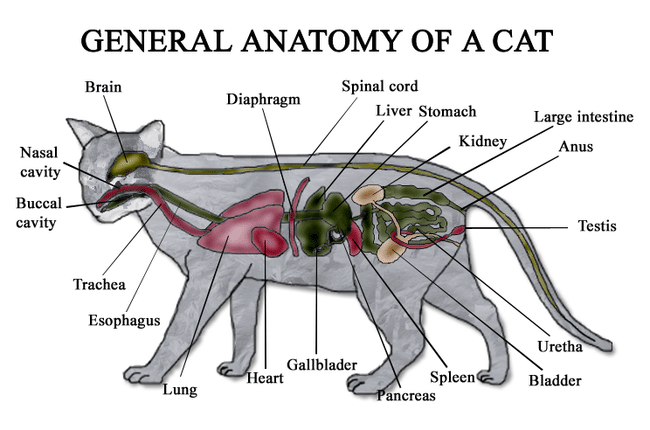Kidney disease in the cat is considered one of the most common feline ailments. However, it has been known to happen at virtually any age. Even if not all causes and signs of cat kidney failure are well known, vets have been able to know some of the reasons why the disease happens. In addition, to some of the things to watch for, a couple of things which can be done to help avoid it in your feline, and help your pet to live a longer, happy and fuller life.
Causes of Kidney Disease in Cats
Some of the known causes of kidney disease in feline include:
- Hereditary
- FPV or Feline Panleukopenia Virus
- Drugs
- Dietary factors
Symptoms of Kidney Disease in Cats

It’s a smart idea to watch your feline for any symptoms of kidney trouble. Early discovery can be very valuable and would allow you to get a head start on any treatments put in place by your veterinary. Generally, it is recommended to begin testing your cat’s blood for indications of kidney illness once she reaches the age of seven. What is more, you can do your part at home by checking the behavior and appearance of your cat.
One of the first noticeable signs of this disease is an increase in drinking and urination. Keep an eye on your cat, most essentially as she ages. If you notice her drinking more water than average, or going to the litter box to urinate more often, you must talk to your vet. Your vet will most likely suggest a blood examination for your cat so that any disorder can be identified. There are many conditions which can cause increased drinking as well as peeing, so it is essential to know what’s going on in your cat’s case!
Other signs of kidney disease in cats include:
- Weight loss
- Worsening the quality of the coat
- Vomiting
Diagnosis
Your vet will carry out a detailed physical test on your feline, considering the background history of signs and possible incidents which may have resulted in this condition. You’ll need to give a detailed history of your feline’s health, the start of signs as well as any details of your feline’s family history which you are accustomed to. Your vet will also order a blood chemical profile, a comprehensive blood count, electrolyte panel as well as a urinalysis. Excretory urography, abdominal ultrasound, and x-rays will be done to know and classify the kidney illness your feline is experiencing from. There are direct genetic examinations which are available for the discovery of specific genetic mutations related to familial polycystic renal disease in a particular breed of cats.
Proper Treatment
Treatment for cats suffering from this illness is most of the time symptomatic or supportive. Without a kidney transplant, there’s no cure for congenital or developmental kidney illness. Felines with high blood pressure must be changed to a low salt diet, and felines with acute kidney failure must have phosphorous restricted as well as protein ingestion moderately restricted.
